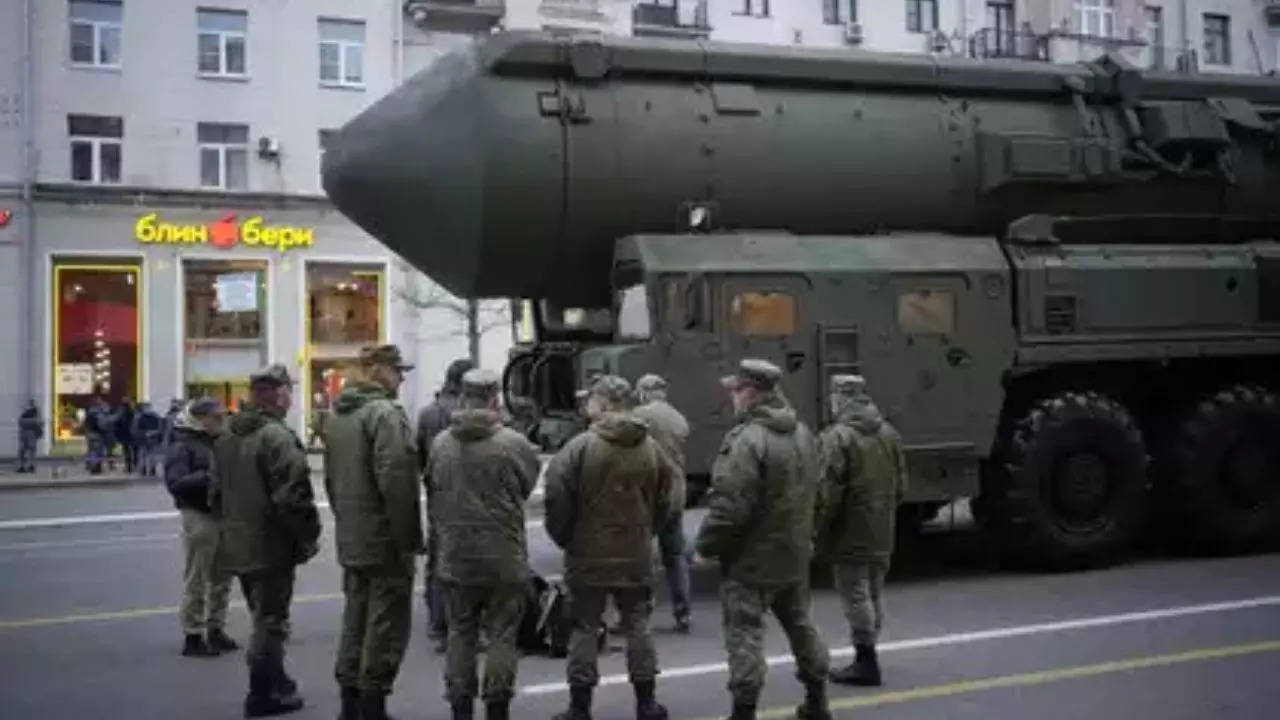After the fall of the Soviet Union, Ukraine, a country with a significant nuclear stockpile, made the decision to relinquish its nuclear weapons due to financial constraints and geopolitical risks. The 1994 Budapest Memorandum, which promised security guarantees to Ukraine, proved to be unreliable when Russia annexed Crimea and supported separatists in Ukraine. The current Russia-Ukraine conflict underscores the vulnerabilities of Ukrainian security without nuclear deterrence. The implications of Ukraine’s nuclear disarmament have been brought to the forefront, with the country now facing security challenges in the region. The decision to give up nuclear weapons has left Ukraine exposed to external threats, making it imperative for the country to seek alternative security measures. The situation serves as a cautionary tale for other nations considering disarmament in an increasingly volatile global landscape. The geopolitical dynamics at play in Eastern Europe have once again brought into question the effectiveness of international agreements in ensuring the security of nations. As Ukraine navigates through these challenges, the global community watches closely to see how the country addresses its security concerns in the absence of nuclear deterrence.

Posted in
JUST IN
Ukraine’s Nuclear Disarmament and Security Challenges: A Look at the Fallout from the Soviet Era
In Trend

“India’s COVID-19 Vaccination Drive Expands to Include 18+ Age Group, Boosting Nationwide Immunization Efforts”


















